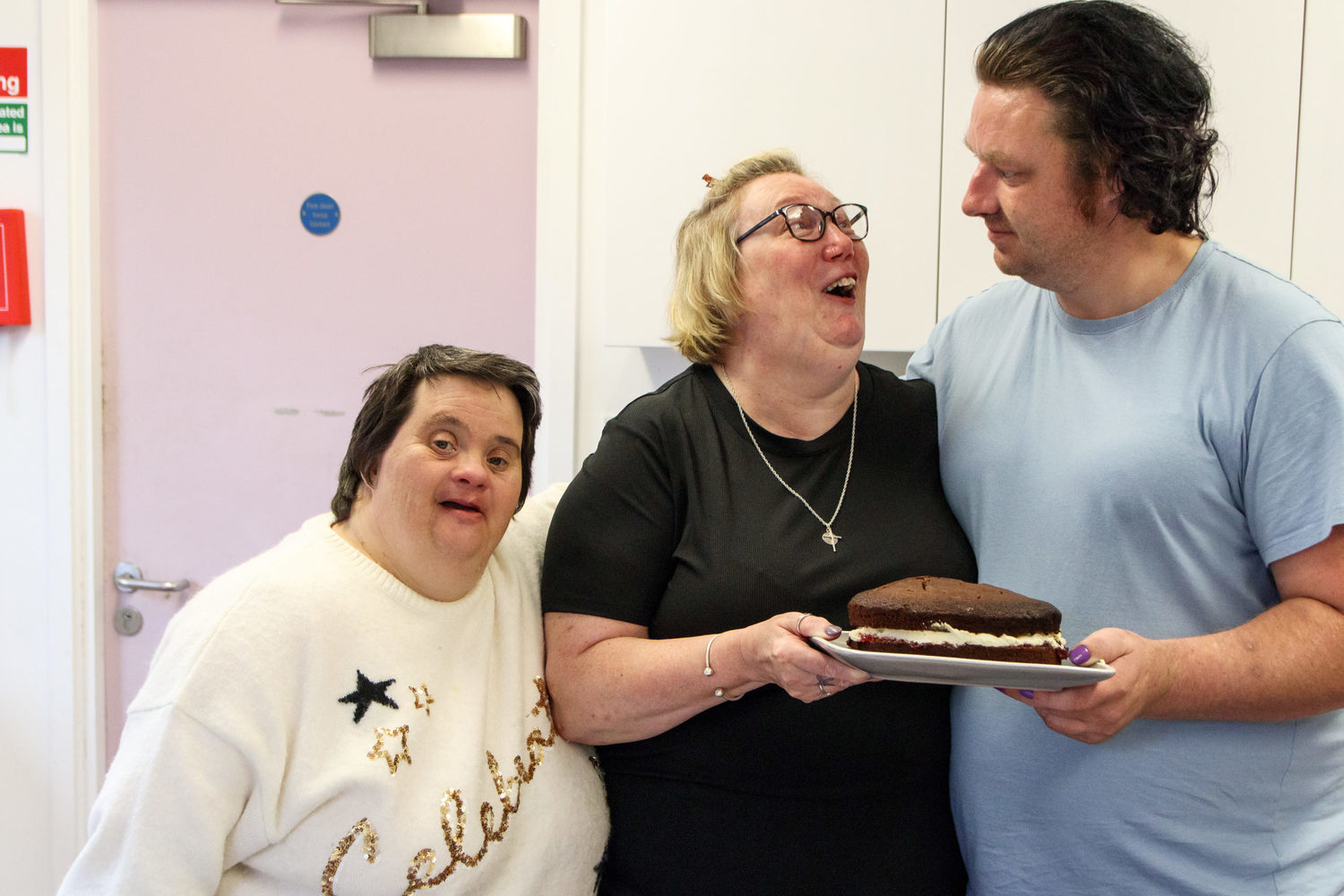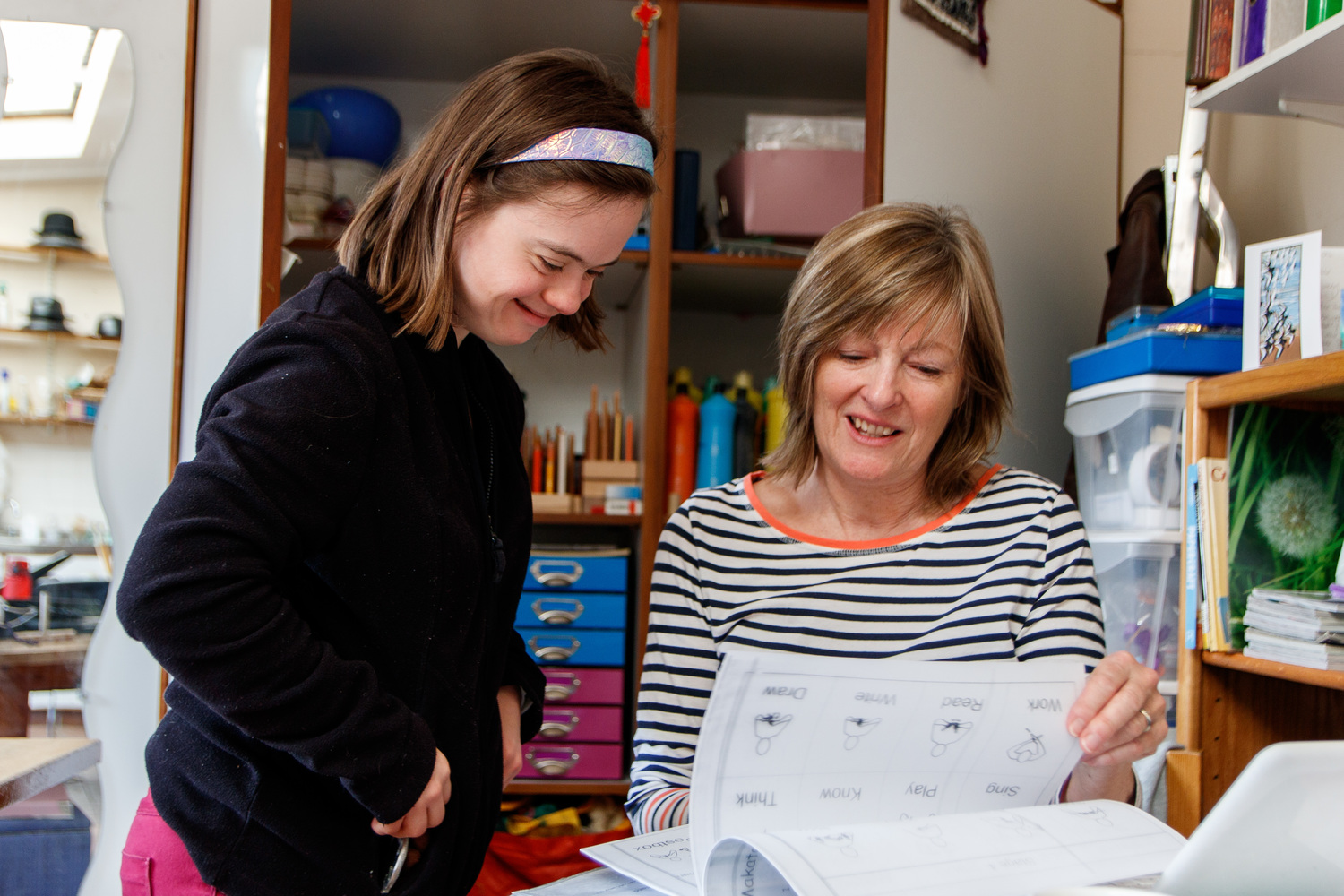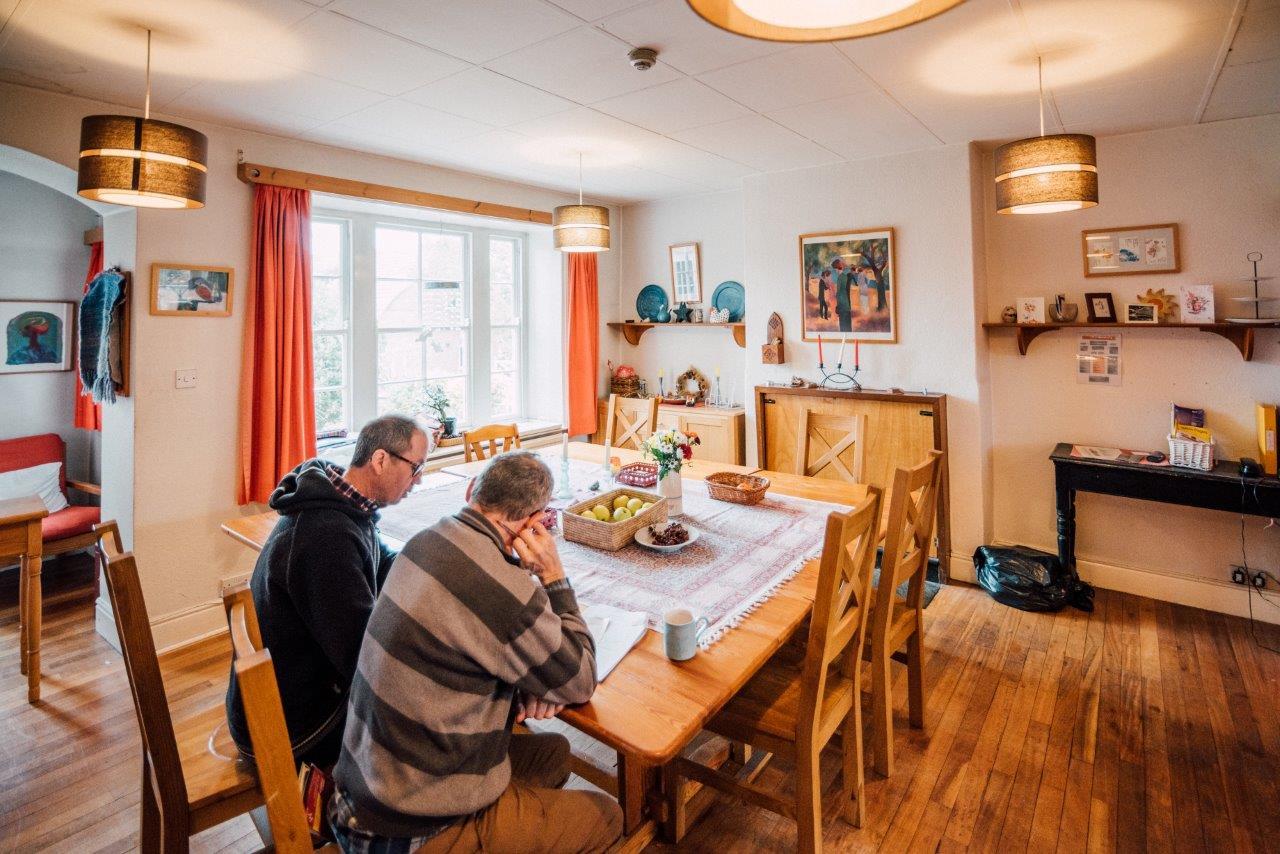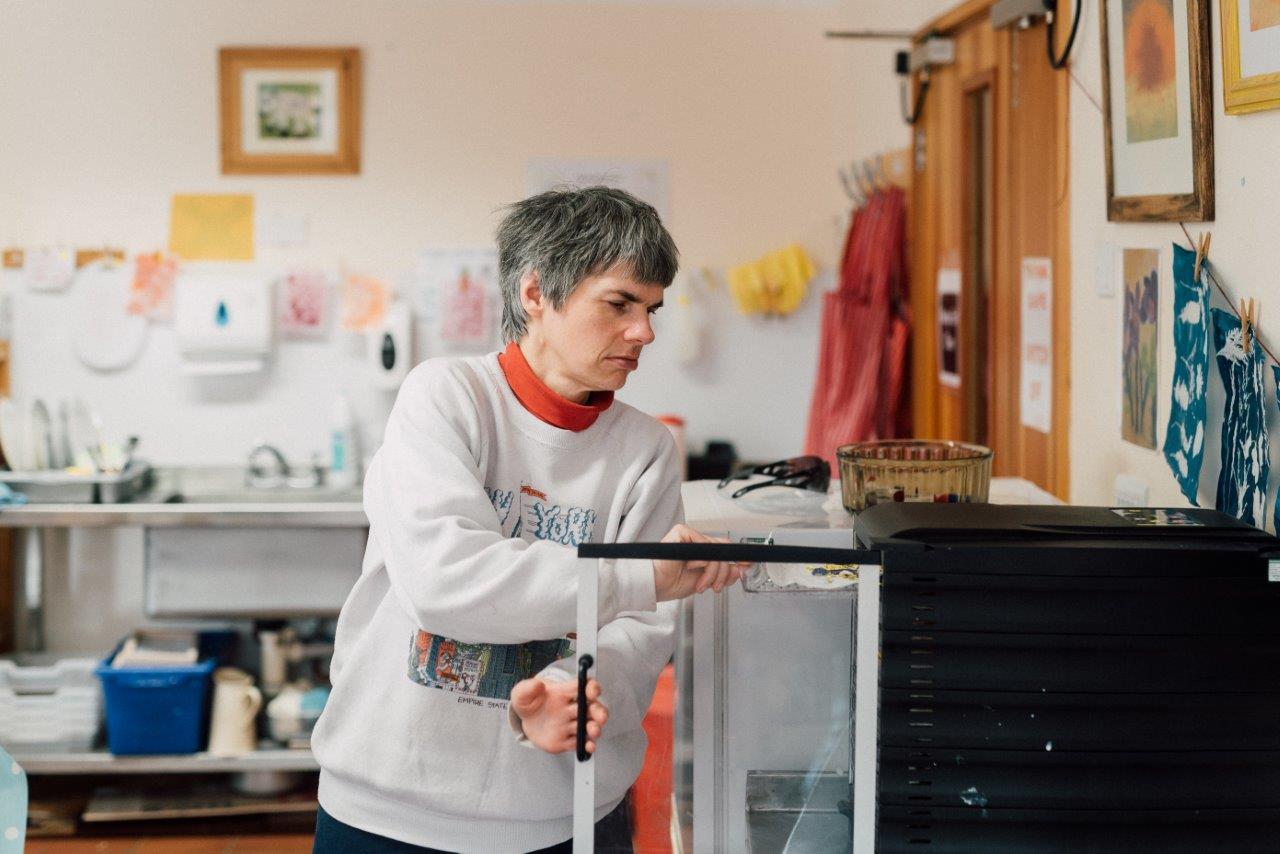What is supported living accomodation?
Supported living, which is sometimes known as assisted living and supported accommodation, is a flexible and empowering approach to enable individuals with learning disabilities, autism, or other support needs to live as independently as possible while receiving the right level of assistance to meet their personal goals. Unlike traditional care settings, supported living offers the chance for individuals to have greater control over their daily lives, maintain their own home, and participate in their community as they choose.
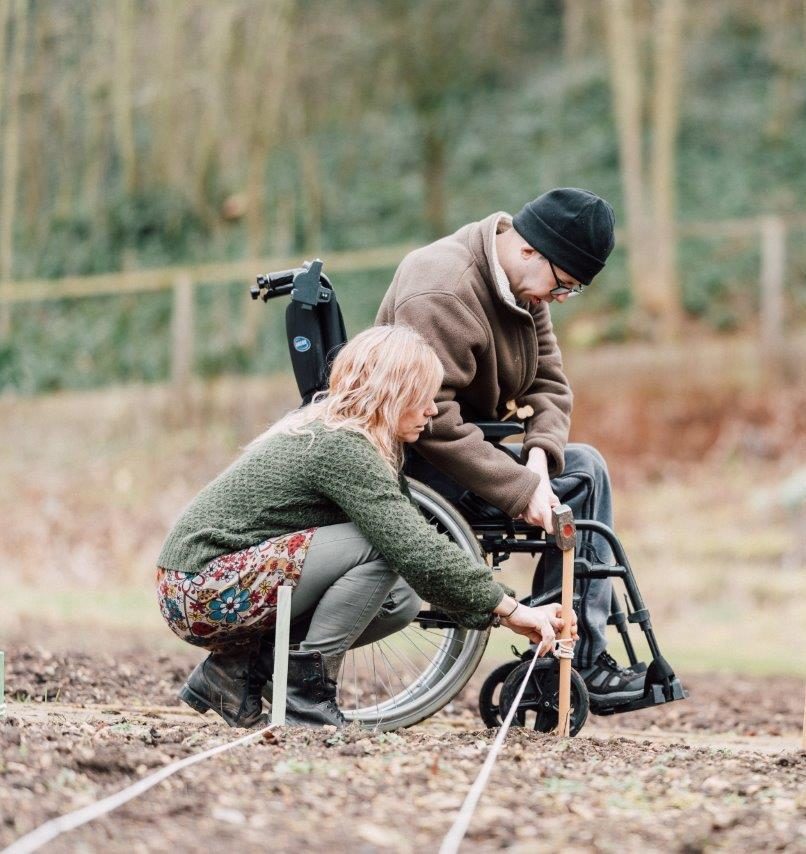

What are the different types of supported living?
Supported living is designed to meet a wide range of individual needs and preferences, offering different types of support depending on what suits each person best:
- Shared Living with Support Staff: In shared living arrangements, individuals share a home with others while receiving support from dedicated staff. This is ideal for people who enjoy the companionship of a shared environment while still receiving the guidance and assistance they need.
- Independent Housing with Back-Up Support: Independent housing options allow individuals to live on their own while having access to comprehensive support whenever it’s needed. This offers more autonomy over day-to-day life, with the security of knowing that help is readily available.
- Accommodation with Support: For those who may benefit from more regular assistance, supported accommodation provides a secure setting with staff available to help with daily activities. This type of living arrangement strikes a balance between independence and the need for structured support.
- Shared Lives: Shared Lives matches individuals with carefully selected carers who welcome them into their own family home, creating a supportive, family-style environment. This arrangement encourages meaningful connections and offers a sense of belonging within a family network.
Funding and eligibility
You'll be responsible for rent, utilities, food, and other personal items. You may be eligible for Housing Benefit to help with rent.
Eligibility for supported living depends on the local council and may include being over 18, being eligible under the Care Act 2014, and having a care and support need.
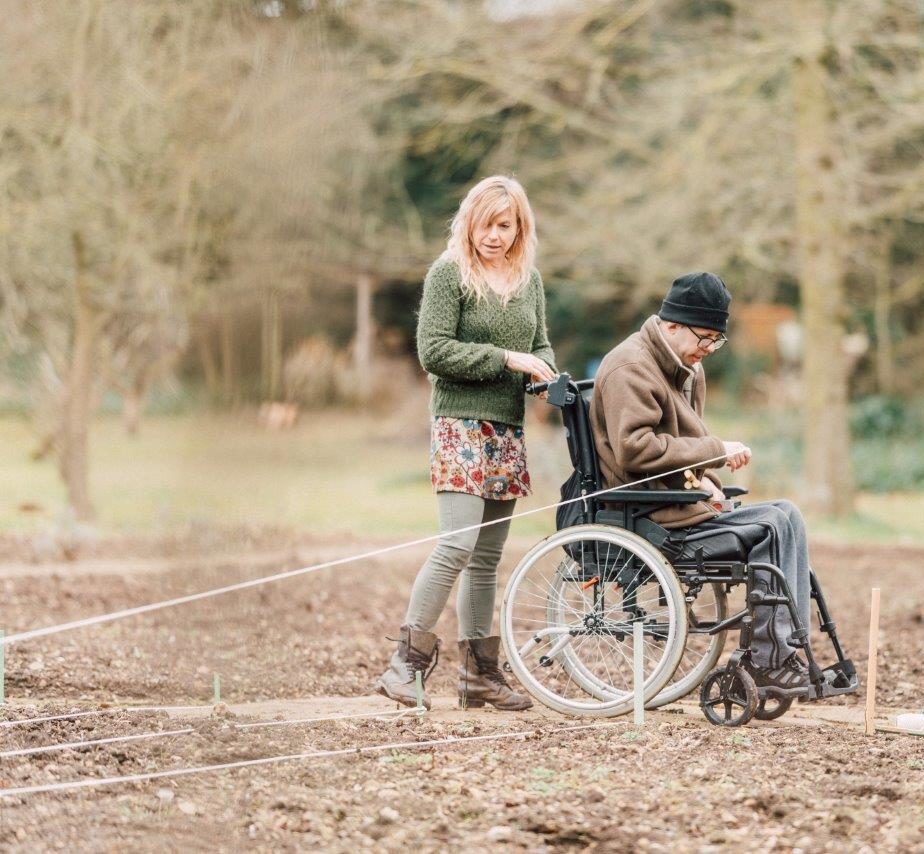
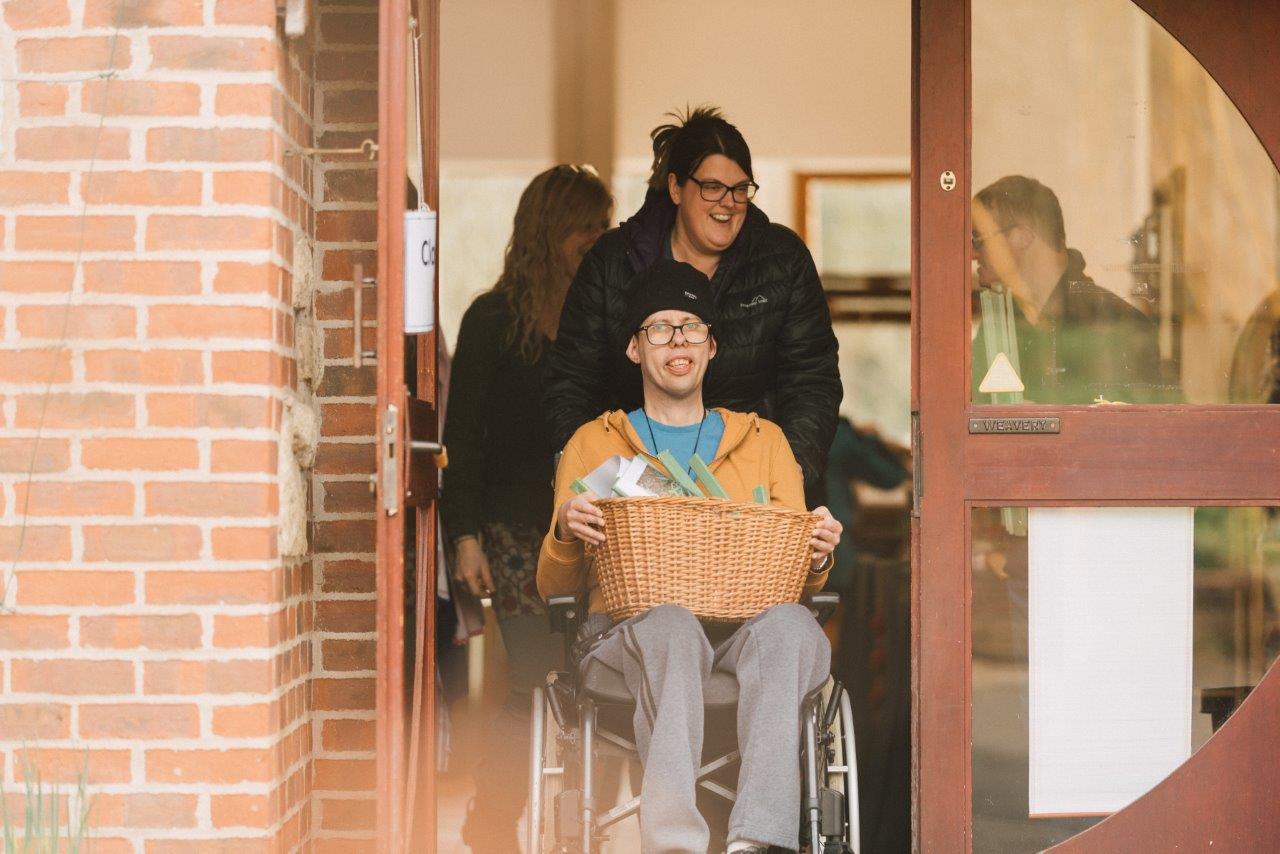
Is supported living regulated?
Supported living itself isn't directly regulated, but the personal care within supported living settings is regulated by the Care Quality Commission (CQC) in England. This means if personal care is provided (like help with bathing or medication), the provider must be CQC-registered, and the CQC monitors these services.
Residential care vs supported living
The key difference between residential care and supported living lies in the level of independence and control individuals have over their lives. In residential care, individuals live in a care home where all their needs are met as part of a comprehensive package, including accommodation, meals, and 24-hour support. In contrast, supported living allows individuals to have their own tenancy or housing arrangement, giving them the freedom to make choices about their daily lives. Support in a supported living setting is flexible and tailored to meet individual needs, helping people to live as independently as possible while maintaining control over how and where they live.

Camphill Village Trust's supported living offer
At Camphill Village Trust, we enable adults with learning disabilities and other support needs to live meaningful, independent lives through our supported living services. Our range of options includes shared living with support staff, independent housing with back-up support, and accommodation with support. For those in the West Midlands, we also offer our Shared Lives scheme—a unique model where individuals live with carefully matched carers in a family-style home environment.
Our dedicated teams are here to support each person’s journey towards greater independence, ensuring they have the resources and community connections they need to thrive in a setting that feels like home.


